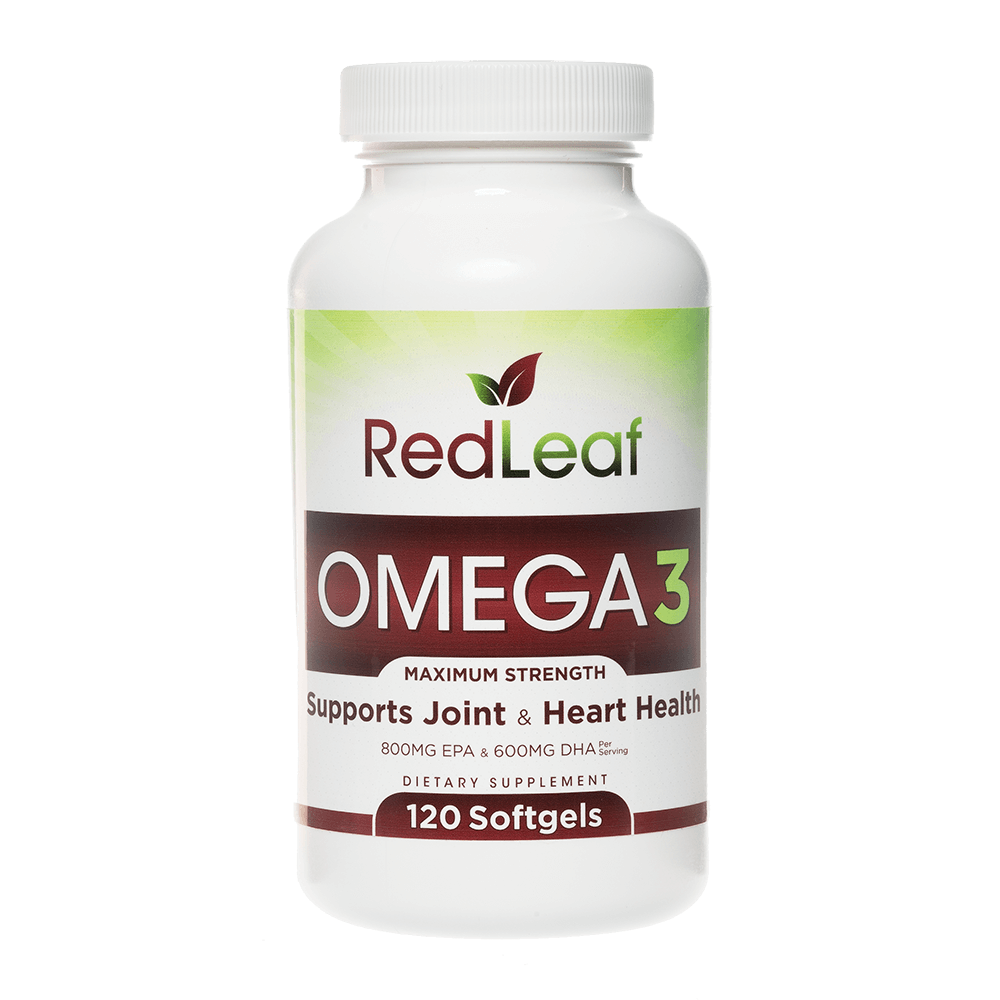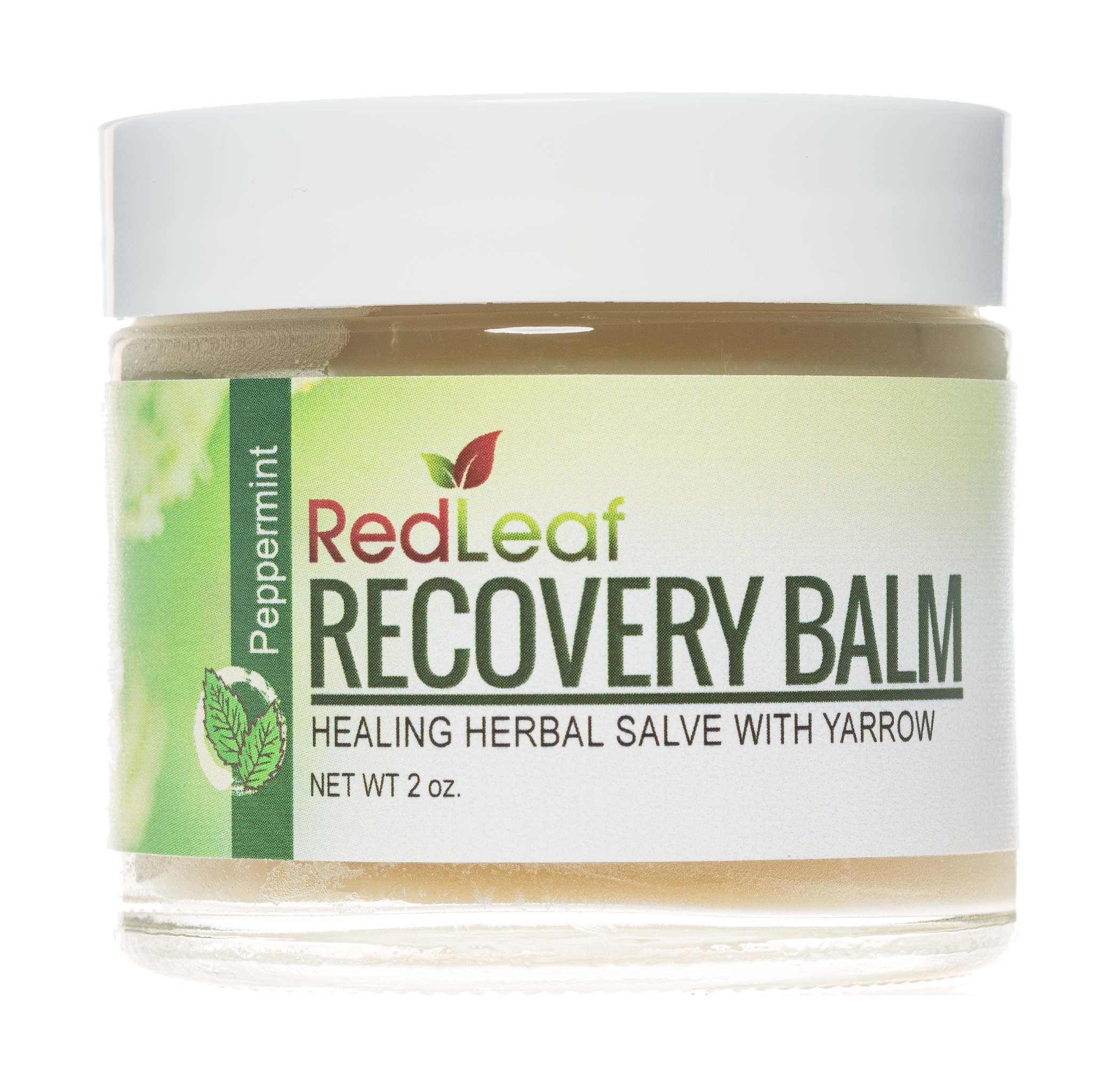You’ve figured out how to balance your food on days you exercise. You know that carbohydrates fuel your muscles and are needed for great workout nutrition. But, what should you eat on recovery days? This is one of the more difficult questions in nutrition. You don’t want to eat so much that you gain body fat, but you also don’t want to be underfed for the next day’s workout/activity. Do you really need carbohydrates when you aren’t working out? If yes, how many? Does protein matter as much? What about fat?
These are all great questions, and ones we’ve struggled to answer in the past. The truth is there is no one right answer for all of you. As per usual with nutrition, it is highly individual and based on your goals. However, you can follow the guide below for understanding what you should eat on recovery days.
What Should You Eat on Recovery Days?
To make this an actionable as possible, we’ll look at your food on recovery days through the lens of total calorie consumption and which macronutrients are the most important to prioritize for recovery.
How many calories do you need on an off day?
Remember, no particular type of food is going to make you gain body fat or weight. For weight loss and body fat loss, it is about being in a caloric deficit – burn more calories than you take in. Surprisingly to many people, your workout is not the biggest percentage of calories burned for the day. Sure, hour to hour you will burn more working out than when you’re just sitting watching TV, but the base amount of calories you burn simply by day to day tasks far outweighs what you’ll burn in the gym.
Therefore, you don’t need to drastically cut your calories on a recovery day. In fact, if you care about feeling good during your workout the following day, you will need to keep in mind that you’re fueling for the next workout while on your recovery day and being in an extreme calorie deficit is not the ideal way to fuel for future activities – even if that activity is going to hike or mountain bike, not lift a barbell.
As a general rule of thumb, take 400 to 600 calories off your diet on a recovery day. This should account for your lower activity level and still leave you feeling satisfied and not starving.
Do you still get to eat carbohydrates?
Yes, yes, and yes again. While carbohydrates are not an essential nutrient (meaning you don’t have to eat them to survive) they are still a healthy inclusion in a balanced diet – and remember that fruits and vegetables are carbohydrates, as well. What you should prioritize on your off day are carbohydrates from very complex sources. Lots of fruits, vegetables, and starches like sweet potatoes before you fill in with more simple sugars like white rice, dates, and honey. This will ensure you get all the micronutrients needed in your diet which helps you recover well, have more energy, and still fuel your muscles for whatever your next day entails.
If you count macros, 1-1.5 grams of carbohydrates per pound of bodyweight (if you are an active individual) is a good recovery day number to shoot for.
You’re not exercising, so do you need as much protein?
You’ve heard us (and everyone else on the planet) talk about how important protein is in a healthy diet. But, on a recovery day, it is SLIGHTLY less important than usual. Slightly means that instead of the standard 1 gram per pound of bodyweight (or 6 ounces of lean protein at each meal and snack for the average male, 4 ounces for the average female) you can go down to approximately 0.75 grams per pound of body weight.
Remember that protein aids in recovery – so don’t just eliminate it from your diet on your recovery day. You still need it in order to rebuild your muscles, and get all the benefits from your hard work.
What role does fat play here?
Fat is a nutrient that really should stay consistent from day to day. Fat is needed for cellular function, hormone response, and absorption of nutrients. In short, fat really matters for your overall health. You definitely do not want to severely reduce this important nutrient on a recovery day, because you’ll be negatively impacting the purpose of the day!
Focus on including healthy fats at each meal and snack on your recovery days. Your body size, specific goals, and overall nutrition plan will impact how much to include at each meal, but having a serving of nuts and seeds, olives or olive oil, grass fed butter, or avocado with each meal will only serve to lower inflammation in your system and help you to recover more efficiently.
Recovery Day Nutrition
When you’ve really earned that recovery day, don’t waste it by setting yourself up for failure with your nutrition. Give your body the fuel it needs to recovery and get you back out for your next hike, workout, or yoga session. Keep all macros in your diet, and ensure you’re getting a balanced amount of carbohydrates, fats, and proteins throughout the day.




